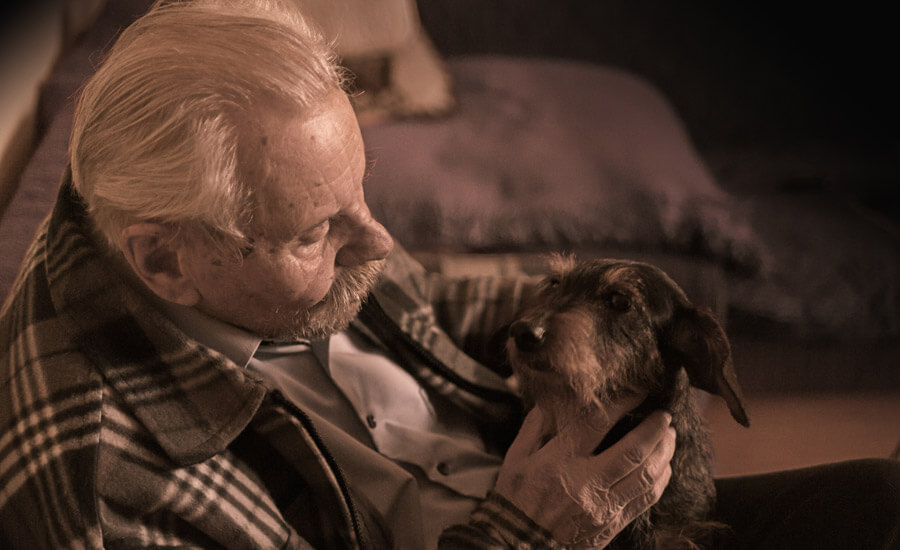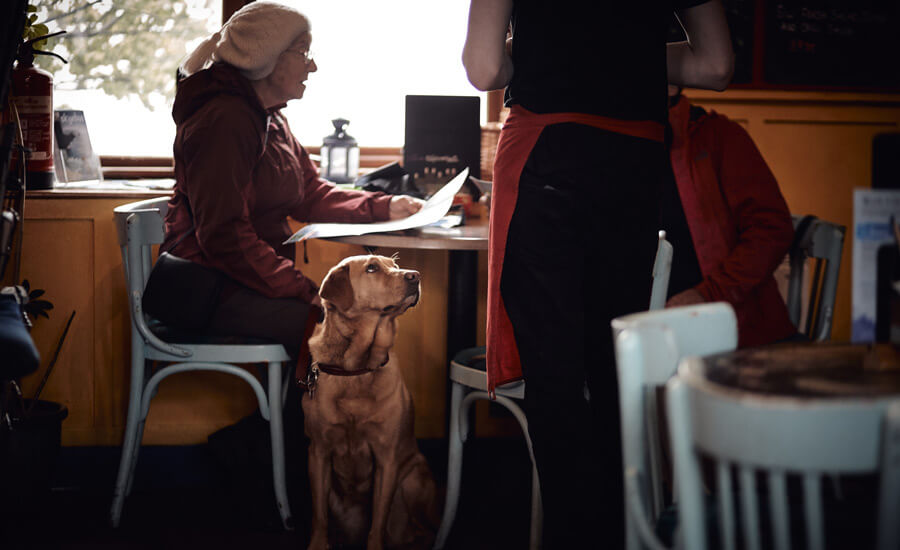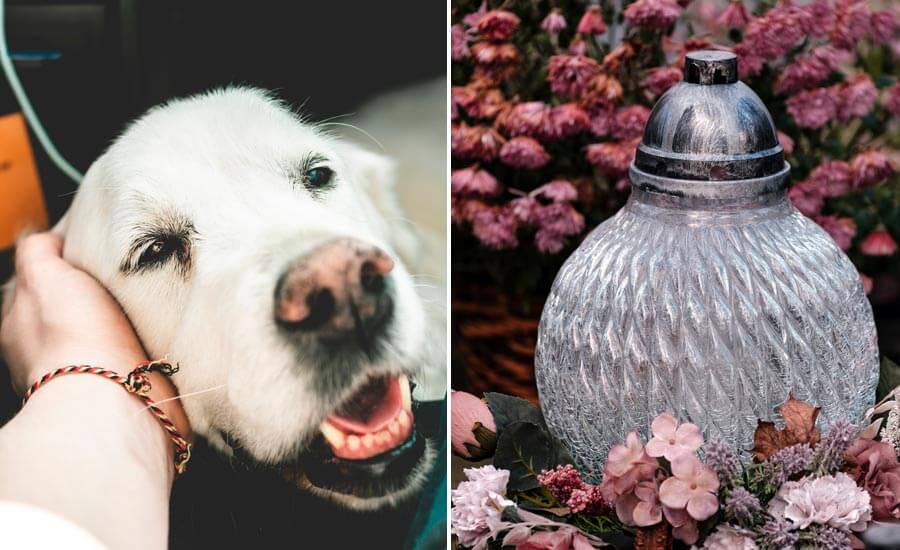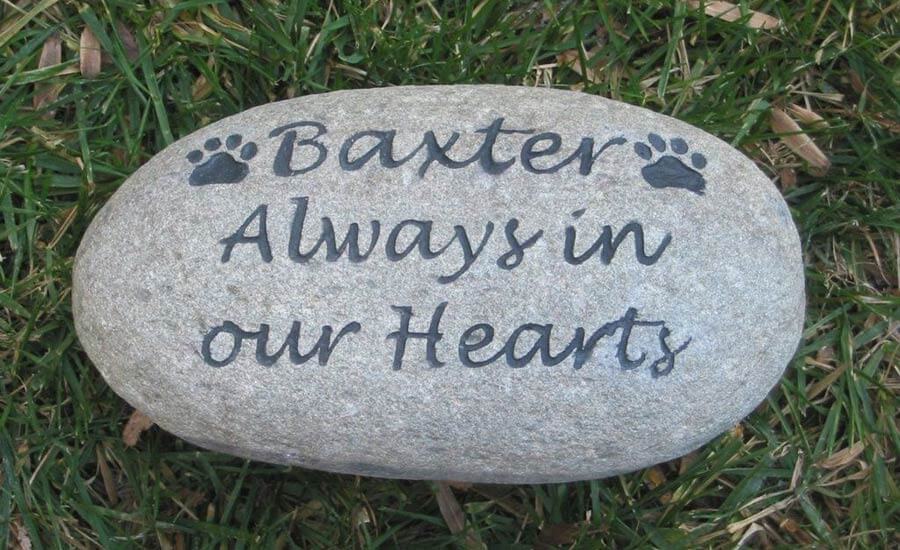Losing a pet is a big deal, particularly in instances where the loss is unexpected. As such, pet professionals play an important role in helping clients to accept and manage feelings of grief and sadness.
Most pet owners form a strong emotional bond with their pet, so the loss of a pet can cause grief comparable to the loss of a human.
While people can sometimes feel ‘silly’ for feeling such intense loss, pet professionals can help pet owners to accept their profound sadness. Indeed, emotions can run even more deeply in situations in which the owner has made the difficult decision to end the animal’s life through euthanasia.
Helping owners to deal with the loss of a pet
Not everyone understands or feels the gravity of losing a pet. Some people may assume that losing a pet is not as emotional as losing a human. Others, particularly those people who have never owned a pet, may not appreciate why losing a pet can have such an enormous impact on a pet owner.
You can encourage pet owners to recognise that there is no right or wrong way to grieve. Grieving is a completely natural way to cope with the loss of a pet. What’s more, it’s important owners allow themselves adequate time to grieve. They might also consider strategies to help them deal with their loss.

Loss of a pet: 4 self-care principles for owners
As a pet professional you can empathise and provide support to owners by discussing the following important factors.
-
Set aside time to grieve
People can try to address pain, loss and sadness by suffocating these feelings. Initially, they might be able to operate ‘normally’, but unfortunately stifled emotions can cause greater long-term problems, both mentally and physically.
Invite pet owners to talk about their feelings surrounding the loss of their pet. Even if they don’t feel like talking right there and then, at least they know the offer is there. Encourage them to allow their emotions to arise. To begin with there may be regular bursts of tears or passionate feelings of loss. But as time passes these feelings will become less intense and more manageable.
-
Allow the positive memories to cast shade on the sadness
Encourage owners to reflect on the happy times they shared with their beloved pet, rather than pushing these thoughts aside. Focusing on positive memories can help turn feelings of sorrow into appreciation.
Of course, this isn’t an easy thing to do and the pain won’t disappear overnight. But, in time the ache will go away. Sometimes simply hearing a few kind, positive words can act as a much-needed reminder of this fact.
-
Be mindful of your own wellbeing
It’s not uncommon for people to experience reduced appetite, loss of sleep or changes to their sleeping pattern following the loss of a pet . All of these things can negatively impact their health. Enquiring as to whether the owner is having any trouble sleeping and checking to see that they’re eating well can help identify any potential issues.
-
Seek support if and when needed
Grief can be an overwhelming feeling. It can creep up on you when you least expect it and it can really pull the rug out from under you. It’s important for owners to recognise when they need support.
By having the conversation pet professionals may be able to recognise signs that the pet owner is just not coping with the loss of their pet. If it becomes apparent that their grief is affecting their ability to function well or take good care of themselves, you may appropriate to suggest they see their GP.

Support for older people who have lost a pet
For older people, losing a pet may be particularly difficult to cope with. Especially in instances where their spouse is no longer with them, the pet is likely to have become a close companion.
Encourage them to find new ways to get out and about and meet people, as this is really important for their physical and mental health. If, up until the death of their pet, they were going on daily walks – it could be detrimental to their wellbeing to cease walking completely.
You may be able to help connect them with a local walking group or prompt them to join a local club.
If anyone truly understands the enormous impact that pets can have on our lives, it’s the professionals that work in the pet industry. So never underestimate the role you can play in supporting an owner who has lost a pet.

Burial or cremation? Helping pet owners decide
Indeed, another role for pet professionals is helping owners decide how they would like to honour their companion animal.
Some people may choose to have their pet cremated. While others will want to bury their dog or cat — be it in a pet cemetery or their garden. Certainly, there will be owners who don’t know what to do and may appreciate some guidance.
Cremation
Pet creation is growing in popularity, with a number of pet cremation services operating across Australia. In most cases the pet is collected from the vet or the owner’s home and ashes are usually returned within a week.
Key points about pet cremation to share with pet owners include:
- The pets are treated with care and respect
- Some pet cremation businesses offer full mortuaries and funerals.
- Ashes are returned in a scatter box, urn or burial container.
- Memorials such as personalised urns, plaques and keepsake boxes are available for owners who wish to memorialise their beloved pet.
- Some businesses will scattering the ashes at a meaningful location for you.
- Cost: varies from approximately $200-$400

Pet cemetery
Pet cemeteries offer owners a safe and peaceful place to bury their pet.
Key points about pet cemeteries to share with pet owners include:
- Companies that offer pet cremation, funerals or cemeteries must be licensed and approved by the local government.
- Pet cemeteries are particularly useful for people who aren’t allowed to bury their pet in their garden or who don’t have a backyard.
- For owners who don’t feel comfortable with cremation, pet cemeteries can offer an alternative option.
- Pet cemeteries offer a constant location to visit
- Tombstones or plaques can be used to memorialise the pet
- Pet burials start at approximately $450 (memorials may be offered as an add-on service).
Some pet owners will choose to bury their pet in their garden. The other option, of course, is for a local vet to take care of the pet’s remains.
Coping with the loss of a pet can be difficult enough, without having to make important decisions about the animal’s remains. As a pet professional, you can help take some of the stress away by simply explaining the options.
Information sources
Psychology Today. 7 self-care essentials while grieving the death of a pet
American Veterinary Medical Association: Coping with the loss of a pet
Latest posts by Liz Walden (see all)
- Pet health: Medicinal cannabis for pets - December 27, 2021
- What pet business insurance do I need? - November 17, 2021
- Pet sitters: how to take time off - November 15, 2021










Leave A Comment